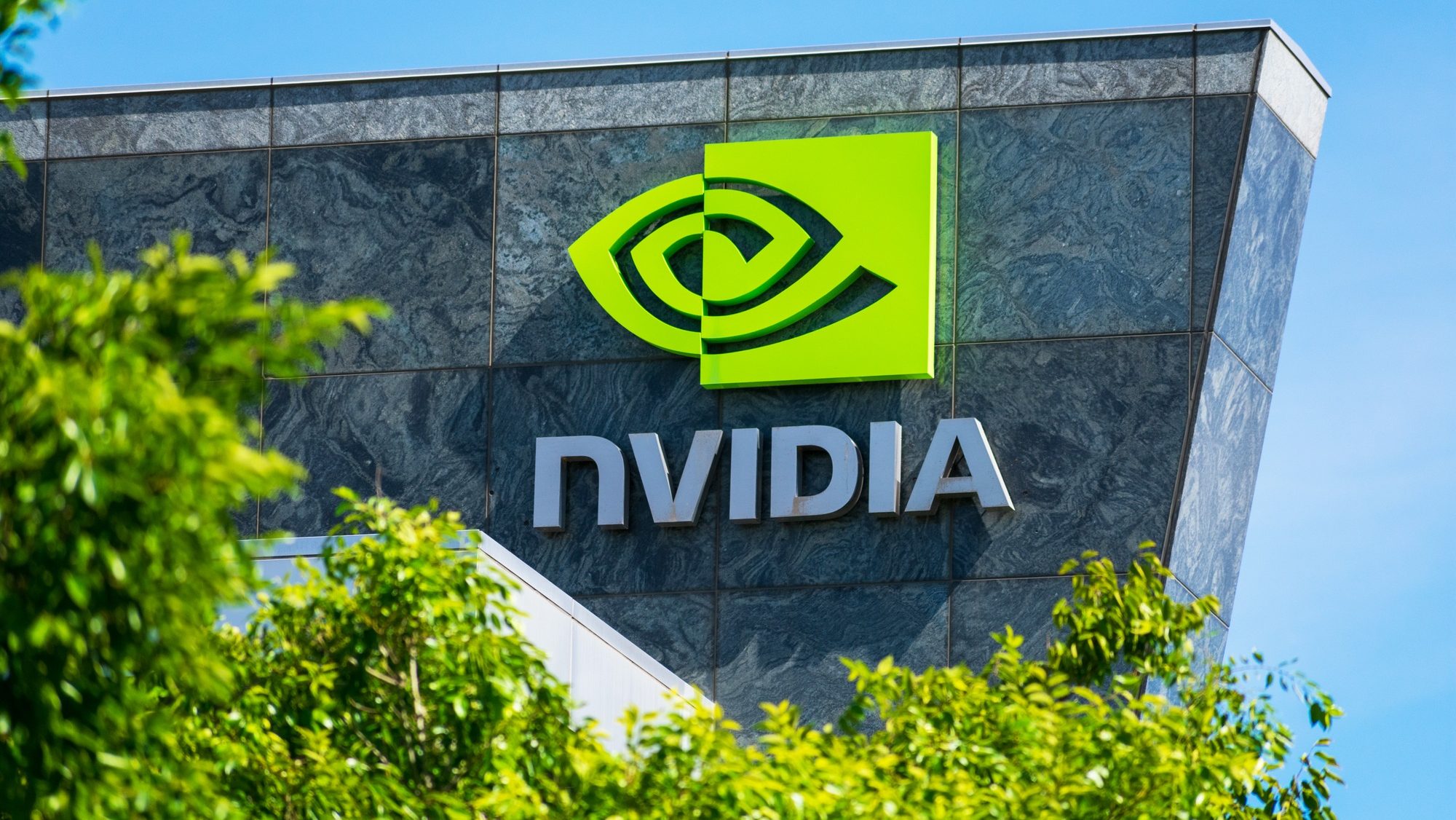Nvidia reported better-than-expected third-quarter results for both revenue and earnings. The company posted adjusted earnings per share of US$0.81 (S$1.09), higher than analysts’ estimate of US$0.75 (S$1.01). Revenue for the quarter reached US$35.08 billion (S$47.07 billion), beating the forecast of US$33.16 billion (S$44.49 billion), as reported by CNBC.
For the current quarter, Nvidia projected a revenue of US$37.5 billion (S$50.32 billion), slightly above the US$37.08 billion (S$49.75 billion) expected by analysts. This forecast suggests a year-on-year (YoY) growth of 70%, slower than the 265% annual growth recorded in the same quarter last year.
While Nvidia’s revenue surged 94% YoY in the quarter ending Oct 27, this marked a continued slowdown compared to the previous three quarters, which saw growth rates of 122%, 262%, and 265%, respectively.
Nvidia’s growth continues to be powered by demand for its artificial intelligence chips. Its data centre business, which includes AI processors and related components, brought in US$30.8 billion (S$41.33 billion) in revenue, a 112% increase compared to last year.
This figure also exceeded analysts’ expectations of US$28.82 billion (S$38.67 billion). According to Nvidia, not all data centre sales came from chips, with about US$3.1 billion (S$4.16 billion) generated from networking parts.
The company’s net income rose to US$19.3 billion (S$25.90 billion) for the quarter, nearly double the US$9.24 billion (S$12.40 billion) recorded in the same period last year. Nvidia’s gross margin also increased to 73.5%, slightly above estimates, due to higher sales of its AI chips.
According to Nvidia CEO Jensen Huang, its next-generation AI chip, Blackwell, is now in “full production”, with 13,000 samples already shipped to customers like Microsoft, Oracle, and OpenAI, added Nvidia Chief Financial Officer Colette Kress.
The company expects shipments of Blackwell chips to increase next year, with Ms Kress stating that Nvidia is on track to generate “several billion dollars” in Blackwell revenue during the fourth quarter.
Nvidia also reported significant growth in sales of its current-generation AI chip, the H200, during the quarter. Ms Kress noted that both Hopper and Blackwell systems face supply constraints, and demand for Blackwell is expected to exceed supply for several quarters in fiscal 2026.
Nvidia’s gaming business also exceeded analysts’ expectations. The company reported US$3.28 billion (S$4.40 billion) in revenue, surpassing analysts’ expectations of US$3.03 billion (S$4.07 billion).
Nvidia noted that the sales growth was driven by higher demand for GPUs in PCs and laptops, along with a boost in revenue from chips for game consoles. Nvidia also supplies the main chip for Nintendo’s Switch console.
The company’s automotive division brought in US$449 million (S$602.46 million), up 72% YoY, driven by sales of chips for self-driving cars and robots.
The professional visualisation segment recorded US$486 million (S$652.11 million) in revenue, marking a 17% increase from the same period last year.
During the earnings call, Mr Huang was asked if potential tariffs from the Trump administration would impact Nvidia.
He responded, “Whatever the new administration decides, we will, of course, support the administration and the highest mandate,” and added that the company would fully comply with any regulations that come along.
Despite the strong earnings, Nvidia’s shares dropped 2% in after-hours trading. Nvidia’s shares have nearly tripled in 2024, cementing its position as the most valuable publicly traded company. /TISG
Read also: S&P 500 and Nasdaq surge as investors eye Nvidia earnings report
Featured image by Depositphotos (for illustration purposes only)

